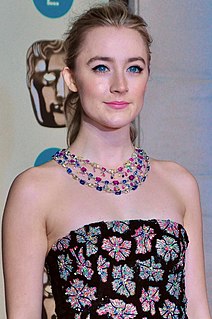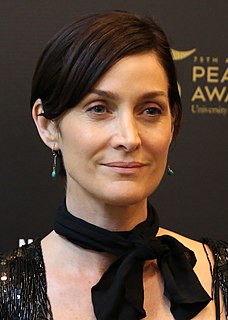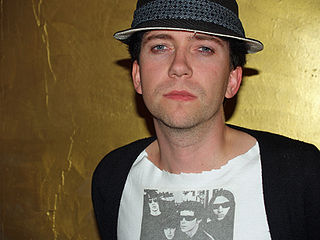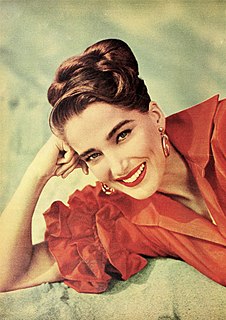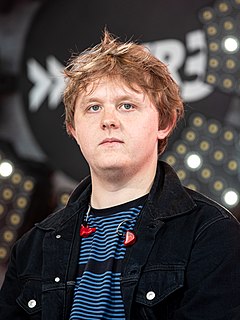A Quote by Elise Andrew
I remember my first lecture on my first day in evolutionary biology, how populations and species change. I sat thinking, 'Why doesn't everyone know this?' I look back on it almost in horror: I came so close to not knowing how exciting our world is.
Related Quotes
Considering that we live in an era of evolutionary everything---evolutionary biology, evolutionary medicine, evolutionary ecology, evolutionary psychology, evolutionary economics, evolutionary computing---it was surprising how rarely people thought in evolutionary terms. It was a human blind spot. We look at the world around us as a snapshot when it was really a movie, constantly changing.
We know from astronomy that the universe had a beginning, from physics that the future is both open and unpredictable, from geology and paleontology that the whole of life has been a process of change and transformation. From biology we know that our tissues are not impenetrable reservoirs of vital magic, but a stunning matrix of complex wonders, ultimately explicable in terms of biochemistry and molecular biology. With such knowledge we can see, perhaps for the first time, why a Creator would have allowed our species to be fashioned by the process of evolution.
I was 12 and I remember everything. I mean, I had done two films before that. The first was actually with Amy Heckerling. It was so brilliant to work with her on my first film. Atonement was the third one I'd done, and I remember how it felt to arrive on set every day. I remember how it felt to get my wig off at the end of the day. I remember how hot it was.
To paraphrase the philosopher Nietzsche, he who has a strong enough why can bear almost any how. I've found that 20 percent of any change is knowing how; but 80 percent is knowing why. If we gather a set of strong enough reasons to change, we can change in a minute something we've failed to change for years.
When I first travelled to New York in 1982 on a summer holiday as a student, I remember thinking how exciting it was, how energising it felt, and also how it felt dangerous - it was a place where you could make a wrong turn, either geographically or just in a human interaction, and suddenly find yourself in trouble.
For people who are coming out of an oral tradition, it is very exciting to get into reading and writing and it is quite interesting how frequently people want to write their own story. Sometimes it is straight history - this is how we came about, how our town was created, a lot of that kind of effort, as soon as literacy came. The first thing you wanted to do was to put something down about who you are or how you are related to you neighbors. Then the next stage would be the stories, the cultural part of the story: this is the kind of world our ancestors made or aspired to.
The key moments in your life are when you realize how exciting music can be, like when you hear Nevermind for the first time. I grew up in the '70s and '80s. I was introduced to hip-hop when it first came out. Hip-hop music will always be my first love. That's why I love playing the drums. Any day of the week, I would rather listen to a hip-hop album than a rock album.
Biology is a science of three dimensions. The first is the study of each species across all levels of biological organization, molecule to cell to organism to population to ecosystem. The second dimension is the diversity of all species in the biosphere. The third dimension is the history of each species in turn, comprising both its genetic evolution and the environmental change that drove the evolution. Biology, by growing in all three dimensions, is progressing toward unification and will continue to do so.




